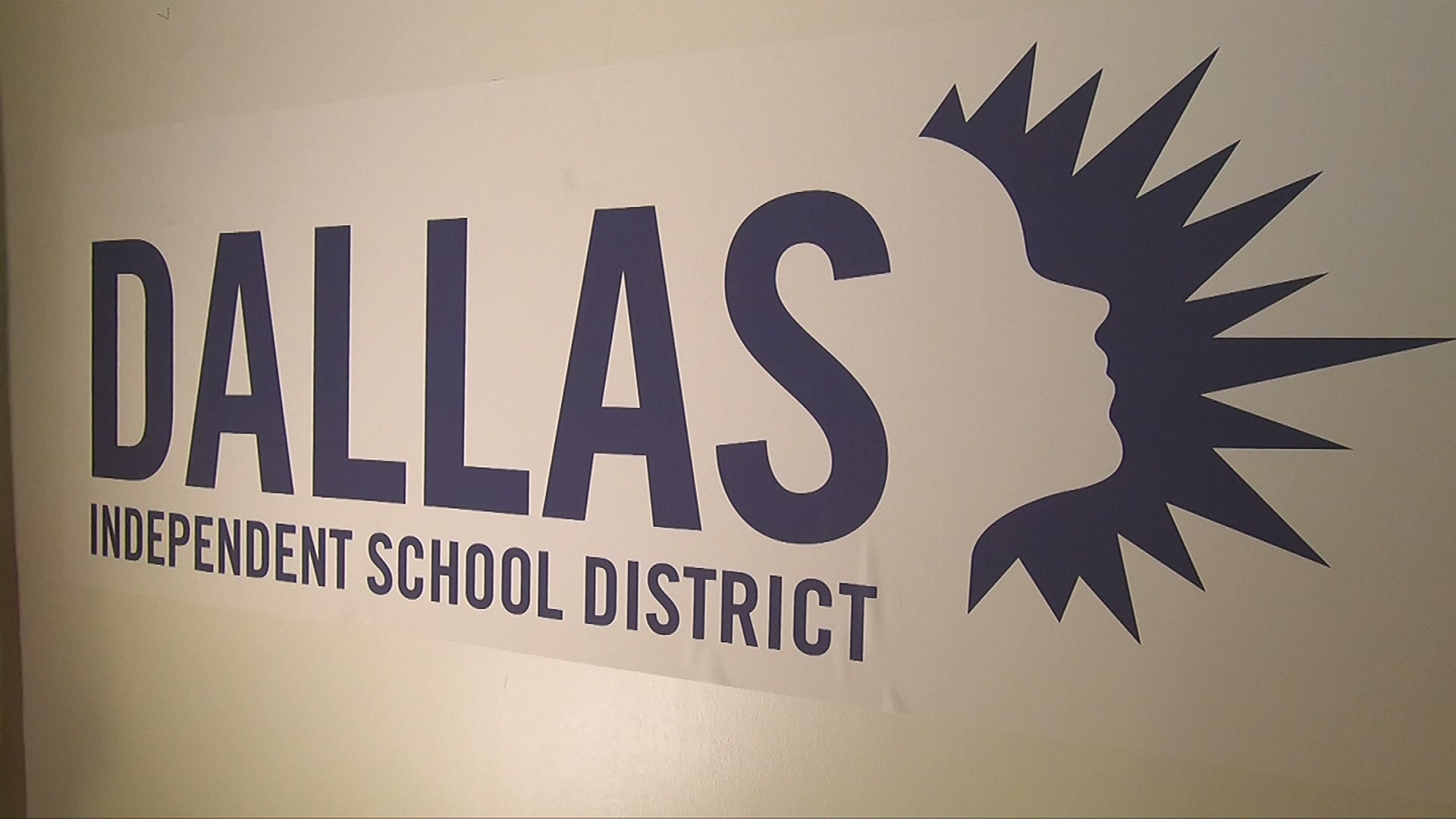One City of Fort Worth program is on a mission to eliminate poisonous homes, and it just got millions of dollars from the federal government to do that.
This week, city officials celebrated a $5.7 million grant from the U.S. Department of Housing and Urban Development for their Lead-Safe Program.
The program helps income-eligible neighbors protect their kids who live in homes with lead-based paint that is deteriorating, with a particular focus on homes built before the 1978 ban on such paint.
Karely Rivas is one of the roughly 150 people the city has already helped through its program.
Get top local stories in DFW delivered to you every morning. Sign up for NBC DFW's News Headlines newsletter.
"I was in a situation where I had to choose between... picking up and moving out of our home that we worked so hard for... and helping my baby," she said.
Rivas lives in a home that's over a century old.
"We spent all day outside of the home. That consisted of going to the library, going to the park, going to a family member's house and then going back home and literally just sleeping... taking a bath and sleeping. That was the only thing I felt safe him doing," she said.
Local
The latest news from around North Texas.
Neighborhood Services Director Kacey Bess said they found funding to help through salary savings from vacant positions.
“We had exhausted all of our funds but once the staff heard the story and heard about the family and heard about the child who had led poisoning they went into action," Bess said.
With the new funding, Bess said they hope to help 160 more families.
Candace Valenzuela, HUD's Southwest Regional Administrator, said Fort Worth won a competitive grant.
"They actually have to show that they're doing good work with this funding, that they're getting it to the folks that need it and, in particular, this program is for families with kids under the age of three," she explained.
She said it's the biggest lead hazard reduction grant the city has ever received.
"We want to make sure that families can stay in their family homes for years to come," she said.
So, instead of moving out of a toxic home that can affect kids' nervous systems, as well as pregnant women and adults, the city can come out and test homes and soil, and make repairs, for free.
"If they're they're moving into Abuela's home or into Big Mama's house, they need to make sure that that home is up to code, that it's safe for families," Valenzuela said. "A lot of those building requirements from way back in the day were not necessarily safe and so in order to make those really expensive changes, some families need a little bit of help."
Rivas is now in a fixed-up and safer home and is already seeing a difference in her baby.
"Now, you see him outside, he's rolling in the grass, playing in the dirt, and... able to crawl on the floor without me being kind of scared that his levels were going to keep going higher," she said. "His levels have already drastically gone down, he's healthy, and I'm just thankful."
There are some eligibility requirements for the Lead-Safe program, including income limits and a house built before 1978. You can find more on that and application information by clicking here.



